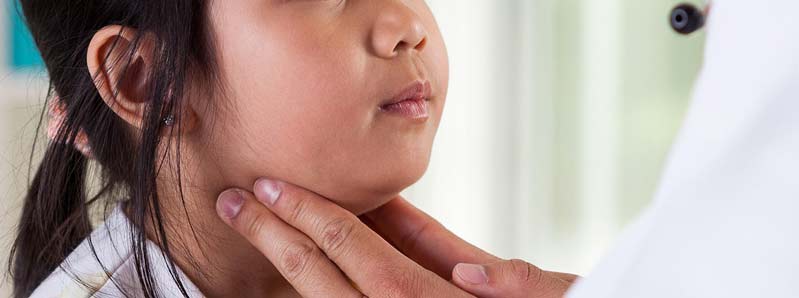Understanding Mumps: Symptoms, Transmission, and Prevention - Explained by Dr. Yeung Ho Hong (楊浩康)
What Is Mumps?
Mumps is an acute infectious disease caused by the mumps virus. This virus primarily attacks the salivary glands, especially the parotid glands, leading to noticeable swelling and pain in the affected area. Beyond affecting saliva production, the virus can sometimes spread to the nervous system or other organs, such as the pancreas, testes, and ovaries, potentially causing more complex health issues. Although this disease is typically seen in children over the age of 1, adults who have not been vaccinated or have weakened immunity are also susceptible to infection. Therefore, understanding the characteristics of this disease not only aids in early detection and timely treatment but is also a critical component of public health efforts.

Transmission Routes of Mumps
The virus is primarily spread through respiratory droplets and direct contact. From two days before the onset of parotid gland swelling to five days after, the viral load in a patient’s saliva is typically at its peak, making it highly contagious to those nearby. Everyday activities such as shaking hands, sharing utensils, or even brief close-range conversations can serve as pathways for the virus to enter the body. Additionally, the virus can adhere to various surfaces in public places—such as doorknobs, tables, and chairs—spreading through indirect contact. As a result, in crowded environments like schools, daycare centers, or community event spaces, mumps can spread rapidly, leading to localized outbreaks or even widespread epidemics.
Symptoms of Mumps
The most common symptoms in infected patients are swelling and pain in the parotid glands, often occurring on both sides of the face, causing discomfort during eating or speaking. As the infection progresses, patients may experience persistent fever, headaches, muscle aches, and general fatigue. Additionally, some patients may suffer from a sore throat, dry mouth, and loss of appetite. In rare cases, the virus can affect the auditory nerves, leading to temporary hearing loss, or cause complications such as infections of the brain, pancreas, testes, or ovaries.
Treatment Methods for Mumps
Since there is currently no specific medication for mumps, treatment primarily relies on medications to alleviate symptoms. For complications caused by the infection—such as hearing loss, inflammation of the brain, or pancreatic issues—more specialized medical interventions may be required.
Prevention Measures for Mumps
- Maintain good personal hygiene, such as frequently keeping hands clean.
- Maintain good environmental hygiene, such as regularly cleaning and disinfecting frequently touched surfaces.
- Vaccination: There is currently an effective vaccine to prevent mumps, and children typically receive two doses of a mumps-containing vaccine.
